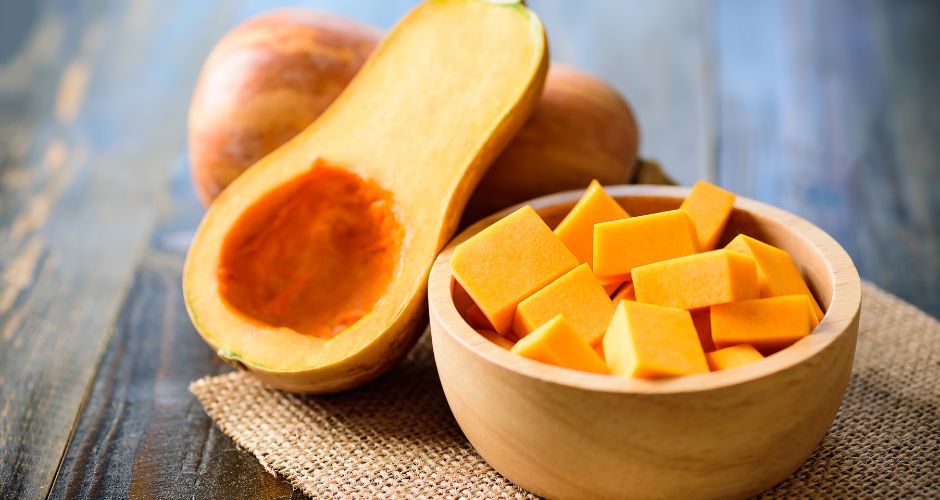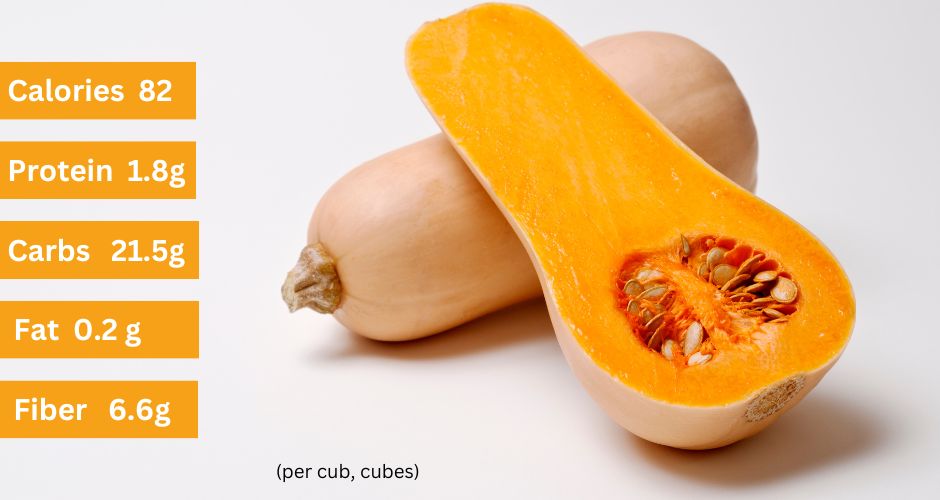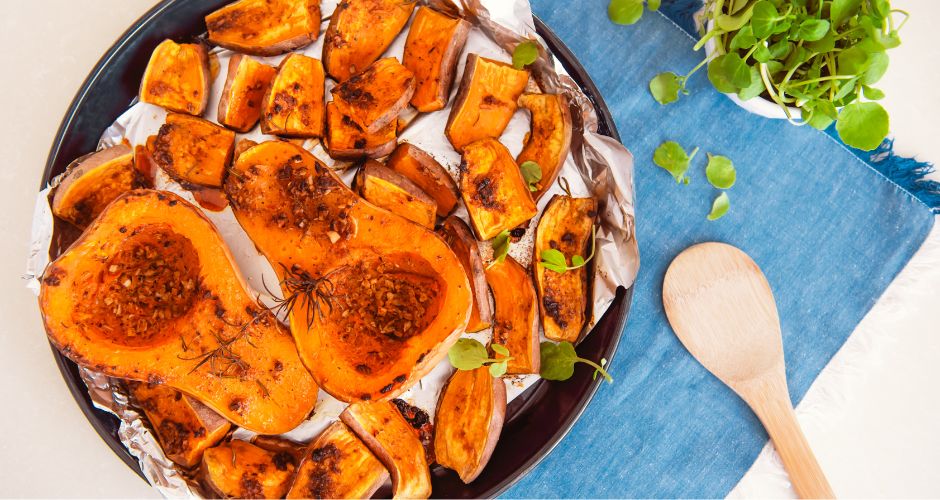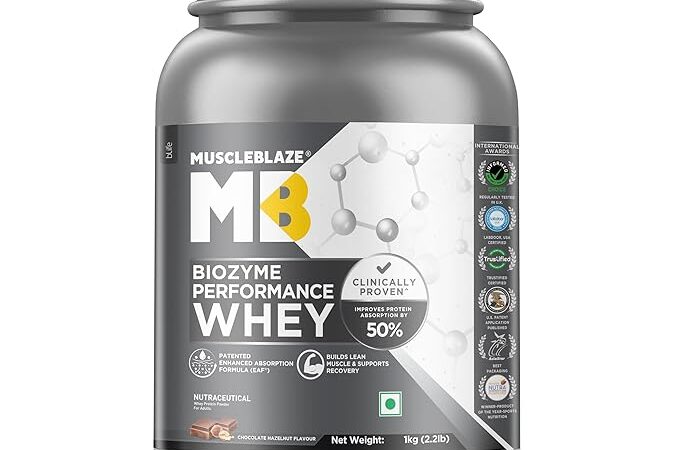Guide on Butternut Squash Nutrition Facts

Butternut squash, with its vibrant colour and rich flavour, is not just a tasty addition to your meals but also a powerhouse of nutrients.
Butternut squash is a versatile and delicious vegetable that deserves more recognition. With its sweet flavour and smooth texture, it can be used in various dishes and enjoyed by everyone.
++Butternut squash: a versatile and nutritious vegetable that packs a punch. Boost your health and delight your taste buds with this seasonal favourite. Take advantage of the deliciousness and the many benefits it offers. Get creative in the kitchen and enjoy the flavours of butternut squash in various dishes. Start reaping the benefits of this incredible vegetable today!++
Butternut Squash Nutrition Facts
Butternut squash is a delicious and nutritious vegetable with essential vitamins and minerals. Here are some key nutrition facts about butternut squash:
- Vitamin A: Butternut squash is a rich source of vitamin A, with just 1 cup providing over 450% of the recommended daily intake. Vitamin A is essential for maintaining healthy vision, immune function, and reproductive health.
- Vitamin C: This vegetable also contains a significant amount of vitamin C, crucial for boosting the immune system, supporting collagen production, and aiding skin health.
- Fibre: Butternut squash is an excellent source of dietary fibre, with 1 cup containing approximately 6 grams. Fibre is essential for a healthy digestive system, promoting regular bowel movements and preventing constipation.
- Potassium is also a good source of potassium, an electrolyte that helps regulate blood pressure and maintain proper heart function.

Here’s a breakdown of the nutrition data per serving of butternut squash (as per USDA):
- Calories: 82
- Fat: 0.2g
- Sodium: 8mg
- Carbohydrates: 21.5g
- Fibre: 6.6g
- Sugars: 4g
- Protein: 1.8g
- Vitamin A: 1140mcg
- Vitamin C: 31mg
Health Benefits
In addition to its impressive nutritional profile, butternut squash offers a range of health benefits:
- Improved Eye Health: Adding butternut squash to your diet can help improve and maintain good eye health due to its high vitamin A content. Vitamin A is vital for healthy vision and may reduce the risk of age-related macular degeneration.
- Boosted Immune System: The combination of vitamins A and C found in butternut squash helps strengthen the immune system, making it easier for your body to fight illnesses and infections.
- Heart Health Support: The potassium content in butternut squash can help regulate blood pressure, reducing the risk of cardiovascular diseases such as heart attacks and strokes.
Allergies
While butternut squash is generally well-tolerated, it may cause allergic reactions in some individuals. If you experience symptoms such as itching, hives, or swelling after consuming butternut squash, it is advisable to consult with a healthcare professional to determine if you have an allergy.
Adverse Effects
Butternut squash is a safe and healthy vegetable to include in your diet. However, consuming it excessively may cause digestive discomforts, such as gas and bloating, due to its high fibre content. As with any food, moderation is key.
Varieties
There are different varieties of winter squash, with butternut squash among the most popular. Other varieties include acorn squash, spaghetti squash, and kabocha squash. Each variety offers its unique taste and texture, providing various culinary options.
When It’s Best
Butternut squash is a seasonal vegetable; its peak season is during fall and winter. Look for fresh butternut squash in your local grocery stores or farmers’ markets for the best flavour and quality during this time. However, many stores offer frozen or canned options year-round.
Storage and Food Safety
Proper storage is essential to ensure the longevity and freshness of your butternut squash. Store whole butternut squash in a cool, dark place, such as a pantry or cellar, where it can last for several weeks to months. Once cut, wrap the remaining squash tightly in plastic wrap or place it in an airtight container and store it in the refrigerator for up to 5 days.
When preparing butternut squash, always wash the outside thoroughly before cutting to remove dirt or bacteria. It is also important to cook the squash thoroughly to eliminate any potential foodborne pathogens.
How to Prepare

Butternut squash can be prepared in various ways, including roasting, steaming, or pureeing. Here are some simple steps to prepare butternut squash:
- Roasting: Cut the squash in half lengthwise and scoop out the seeds. Brush the flesh with olive oil and sprinkle with salt and pepper. Place the squash halves on a baking sheet and roast in a preheated oven at 400°F (200°C) for about 45 minutes or until the flesh is tender. Once cooked, scoop out the flesh and enjoy it as a side dish or use it in recipes.
- Steaming: Peel the squash and cut it into cubes. Place the cubes in a steamer basket and steam for approximately 15-20 minutes or until the squash is tender. Steamed butternut squash can be mashed or used in soups and stews.
- Pureeing: Peel and cube the squash, then steam or boil until soft. Transfer the cooked squash to a food processor or blender and puree until smooth. This puree can be used as a base for soups and sauces or even as a baby food option.
Experiment with different herbs and spices to enhance the flavour of your butternut squash dishes. Whether roasted, steamed, or pureed, this versatile vegetable will surely add a delicious and nutritious element to your meals.
Conclusion
Butternut squash is a tasty addition to your meals and a powerhouse of nutrients. Its high vitamin A and C content and other essential minerals offer numerous health benefits. This vegetable is a true nutritional gem, from improving vision to supporting heart health.
So, if you’re looking for a vibrant and nutrient-dense addition to your plate, consider adding butternut squash. Your taste buds and your body will thank you!






